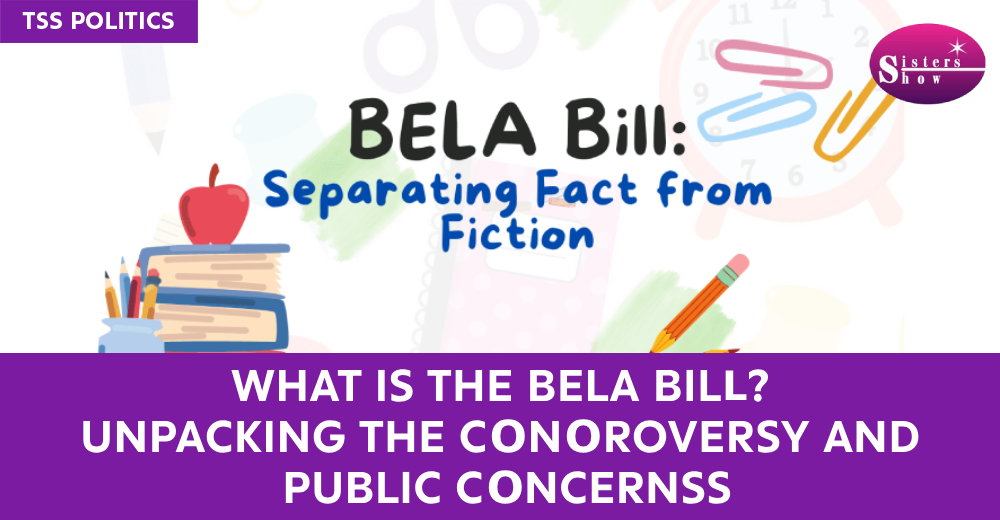
What Is the BELA Bill? Unpacking the Controversy and Public Concerns
The Basic Education Laws Amendment (BELA) Bill has once again captured national attention as President Cyril Ramaphosa is set to sign it into law on Friday. This development has sparked widespread debate among political parties, educators, and civil society groups, who are voicing concerns about its implications for South Africa’s education system.
Understanding the BELA Bill
The BELA Bill introduces several amendments to the South African Schools Act (SASA) of 1996 and the Educators Employment Act of 1998. Here are the key changes proposed by the Bill:
- Making Grade R Compulsory: The bill mandates that Grade R becomes the compulsory entry point for schooling in South Africa. Under this new directive, early childhood development (ECD) will be expanded to 7,888 schools nationwide.
- Criminalizing Parental Negligence in School Attendance: Parents who fail to ensure their children’s regular school attendance could face criminal charges, with penalties including jail time. The bill also imposes a maximum of 12 months in prison for anyone who disrupts school activities.
- Regulation of Home Education: The bill introduces tighter regulations for home education. It allows for site visits by department heads before registration and gives the Minister of Basic Education the authority to oversee the administration and registration of home education.
- Language Policy Changes: School governing bodies will be required to submit their language policies for approval. These policies must consider the linguistic needs of the broader community, potentially impacting the autonomy of schools.
- Cultural and Religious Accommodations: The bill emphasizes respect for cultural and religious beliefs within school codes of conduct, allowing students to seek exemptions from certain requirements.
- Ban on Corporal Punishment: The bill reaffirms the prohibition of corporal punishment in schools, with penalties for those who contravene this law, including fines or imprisonment.
Why Are People Concerned?
Opponents of the BELA Bill argue that it undermines the authority of school governing bodies (SGBs) and centralizes decision-making power in the hands of the state. The Democratic Alliance (DA), a key partner in the Government of National Unity (GNU), has called for an urgent meeting with President Ramaphosa, claiming that the bill in its current form is unconstitutional. The DA has urged the President to send the BELA Bill back to Parliament for revisions that align it with the Constitution.
ActionSA, another political entity, expressed disappointment that the bill will be signed into law despite extensive lobbying by civil society, teachers, and political parties. Meanwhile, advocacy group AfriForum has vowed to challenge the bill legally. AfriForum’s Alana Bailey stated that since the first draft of the bill appeared in 2017, the organization has consistently opposed the changes it brings, particularly those affecting school admissions and language policies.
Bailey added that thousands of AfriForum members and members of the public have pledged their support against the bill, reflecting a significant level of concern and resistance.
The Way Forward
As the BELA Bill moves closer to becoming law, President Ramaphosa’s spokesperson, Vincent Magwenya, emphasized that the President remains committed to engaging openly with all parties in the Government of National Unity on this matter or any other issues of concern.
Stay updated with the latest South Africa political news with The Sisters Show.
Read More:- FOCAC: Chinese President Xi Jinping pledges R900 billion mega assistance package for Africa




